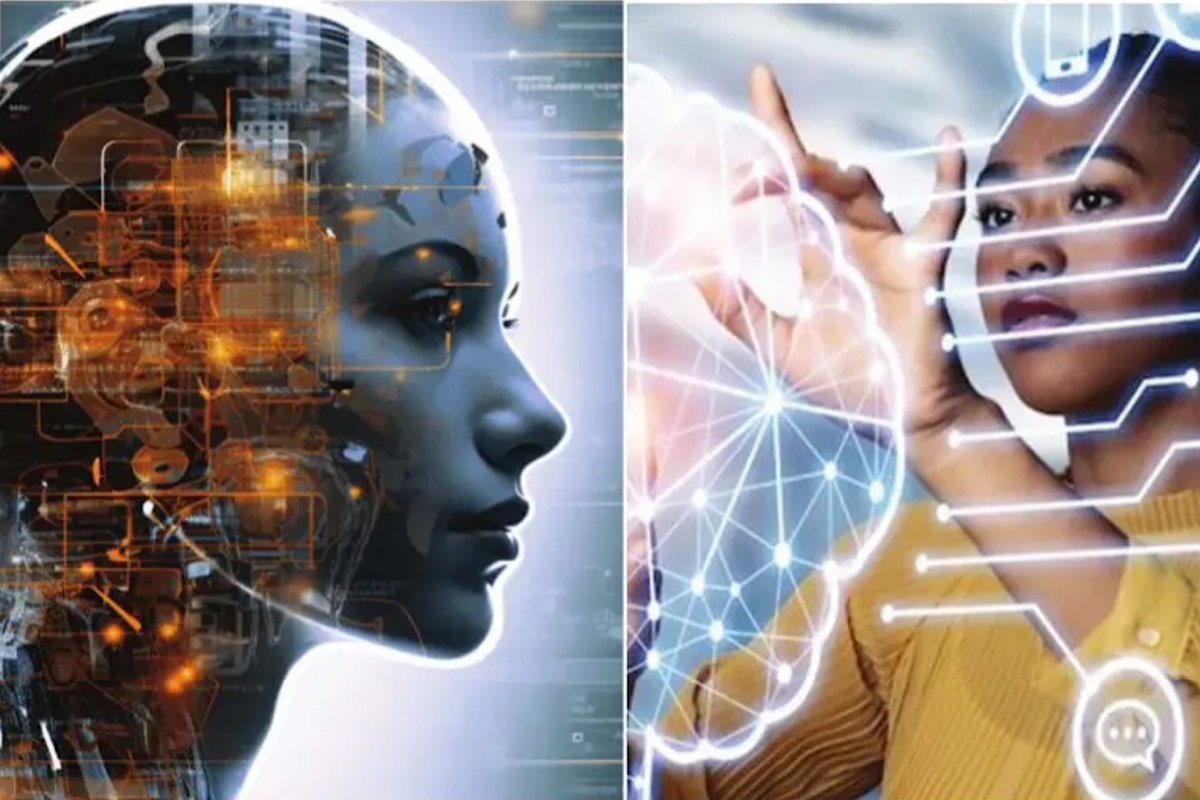US researchers have developed an artificial intelligence (AI) tool that shows differences in how the brains of men and women are organised at a cellular level.
While brain size, shape, and weight have been explored, only a partial picture of the brain’s layout is known at the cellular level. A detailed understanding of how biological sex impacts the brain can help boost diagnostic tools and treatments for multiple sclerosis, autism spectrum disorder, migraines, and other brain issues that work differently and with varying symptoms in men and women.
Advertisement
Researchers at New York University-Langone Health used an AI technique called machine learning to analyse thousands of MRI brain scans from 471 men and 560 women. They found that the computer programmes could accurately distinguish between biological male and female brains by spotting patterns in structure and complexity that were invisible to the human eye.
Variations in white matter — tissue primarily located in the human brain’s innermost layer, which fosters communication between regions — were found between the genders, revealed the study, published online in the journal Scientific Reports.
“Our findings provide a clearer picture of how a living, human brain is structured, which may, in turn, offer new insight into how many psychiatric and neurological disorders develop and why they can present differently in men and women,” said neuroradiologist Yvonne Lui, professor at NYU Grossman School of Medicine.
She noted that using machine learning to analyse entire groups of images helped remove human biases.
However, the researchers cautioned that while the AI tools could report differences in brain-cell organisation, they could not reveal which sex was more likely to have which features.











